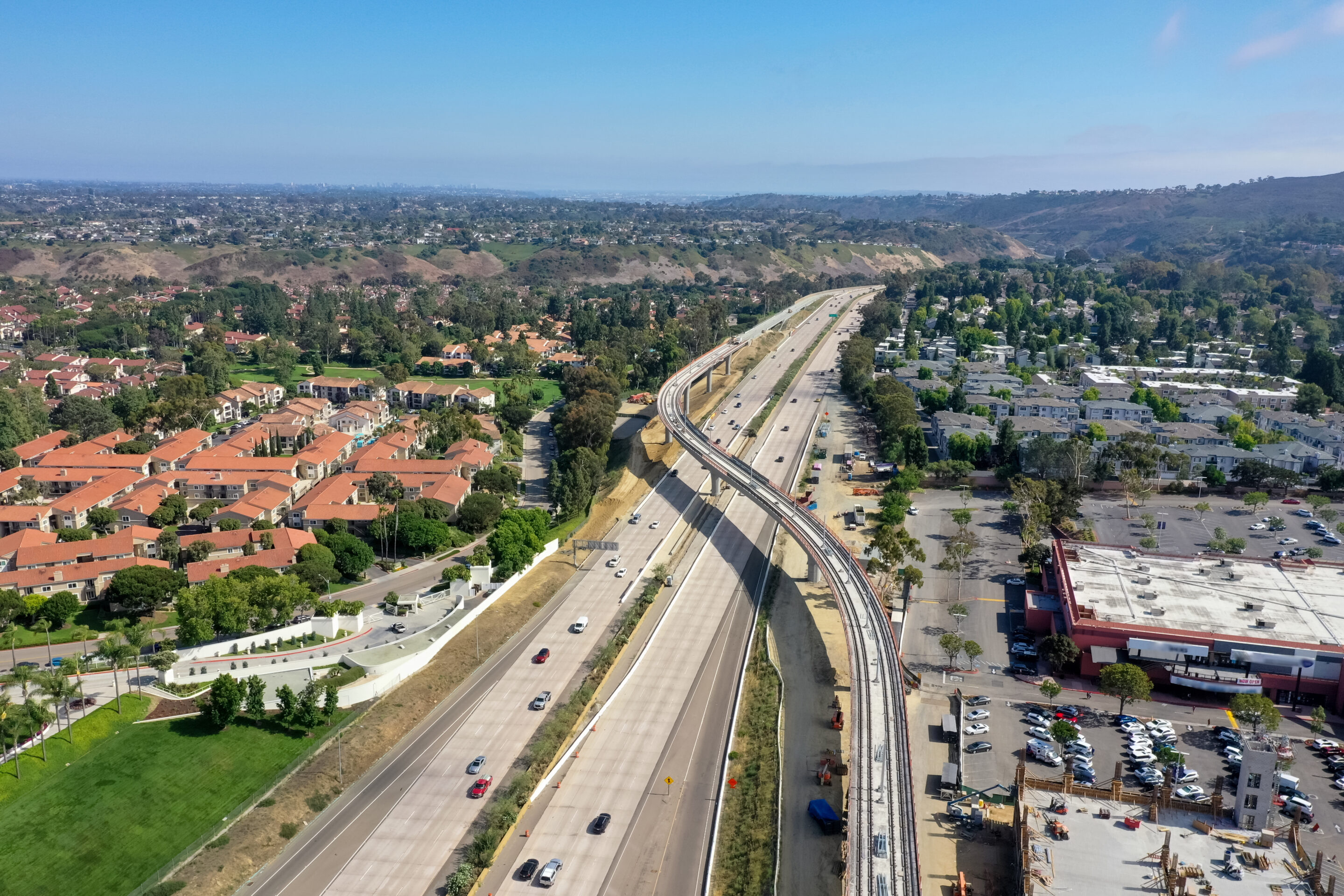The United States Supreme Court ruled Friday that fuel makers can legally challenge the waiver that allows California to set its own emission standards.
This 7-2 ruling overturned the decision made by the U.S. Court of Appeals for the District of Columbia Circuit last year which stated that fuel makers lacked standing. It had said that fuel makers were not directly harmed by electrical vehicle mandates since only manufacturers themselves were being forced to adjust their business.
Justice Brett Kavanaugh delivered the opinion of the court, stating that the fuel companies now have the standing to challenge the EPA and state of California in court. He affirmed that these emissions standards do meaningfully impact the business of fuel producers.
“Without California’s regulations in effect, manufacturers would likely make more cars powered by gasoline and other liquid fuels,” said Kavanaugh. “Thereby increasing purchases of those fuels and redressing the fuel producers’ injury.”
Limited Ruling
Despite the change, the only judgement the court made in favor of fuel producers was that they have the ability to challenge California’s mandate, not that they would necessarily secure a victory.
“This case concerns only standing, not the merits,” said Kavanaugh. “EPA and California may or may not prevail on the merits in defending EPA’s approval of the California regulations. But the justiciability of the fuel producers’ challenge to EPA’s approval of the California regulations is evident.”
So, while the door is now open for companies to challenge the EPA in court, it remains to be seen if they would actually win. California’s waiver is based in the 1970 Clean Air Act, which granted the state the ability to set its own emission standards. The EPA regularly grants waivers to California to allow them to fight some of the country’s worst air pollution. President Donald Trump previously revoked a waiver during his first term, but the current waiver was reinstated under President Joe Biden in 2022.
“California’s authority to protect people from vehicle pollution is enshrined in our country’s foundational environmental laws and has been working successfully for more than half a century,” said Vickie Patton, general counsel of the Environmental Defense Fund, in a statement. “While the Supreme Court has now clarified who has grounds to bring a challenge to court, the decision does not affect California’s bedrock legal authority to adopt pollution safeguards, nor does alter the life-saving, affordable, clean cars program itself.”
Response
The court’s decision represented yet another victory for the American Fuel & Petrochemical Manufacturers who have already seen California’s 2035 gas-powered vehicle ban repealed by congress earlier this year. It has been funding an education campaign since 2023 about EV mandate policies in order to raise public awareness on consumer choice and American energy security.
“Today the Supreme Court put to rest any question about whether fuel manufacturers have a right to challenge unlawful electric vehicle mandates. We do, and we look forward to finally having our day in court,” said Chet Thompson, AFPM President and CEO, in a statement. “California’s EV mandates are unlawful and bad for our country. Congress did not give California special authority to regulate greenhouse gases, mandate electric vehicles or ban new gas car sales—all of which the state has attempted to do through its intentional misreading of statute.”
Meanwhile the state of California’s response continues to be the same as it has been across all recent EV mandate news. The state intends to continue managing its own emission standards and plans on fighting for that right in court if necessary.
“While we are disappointed by the Supreme Court’s decision to allow this case to go forward in the lower court, we will continue to vigorously defend California’s authority under the Clean Air Act,” said California Attorney General Rob Bonta, in a statement. “Congress intended for California to be able to regulate emissions from new vehicles sold in our state, and we remain firmly committed to advancing and implementing strong standards that safeguard public health and reduce climate pollution. The fight for clean air is far from over.”
Related Stories:








